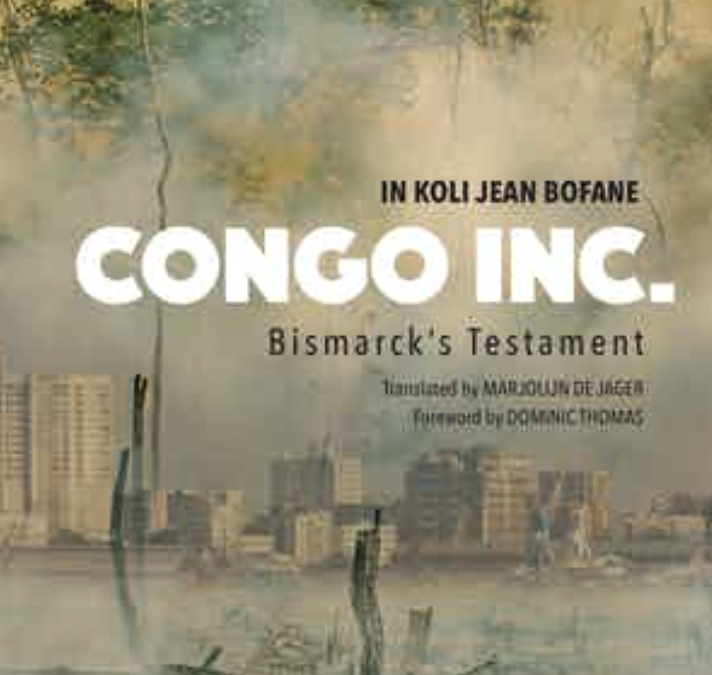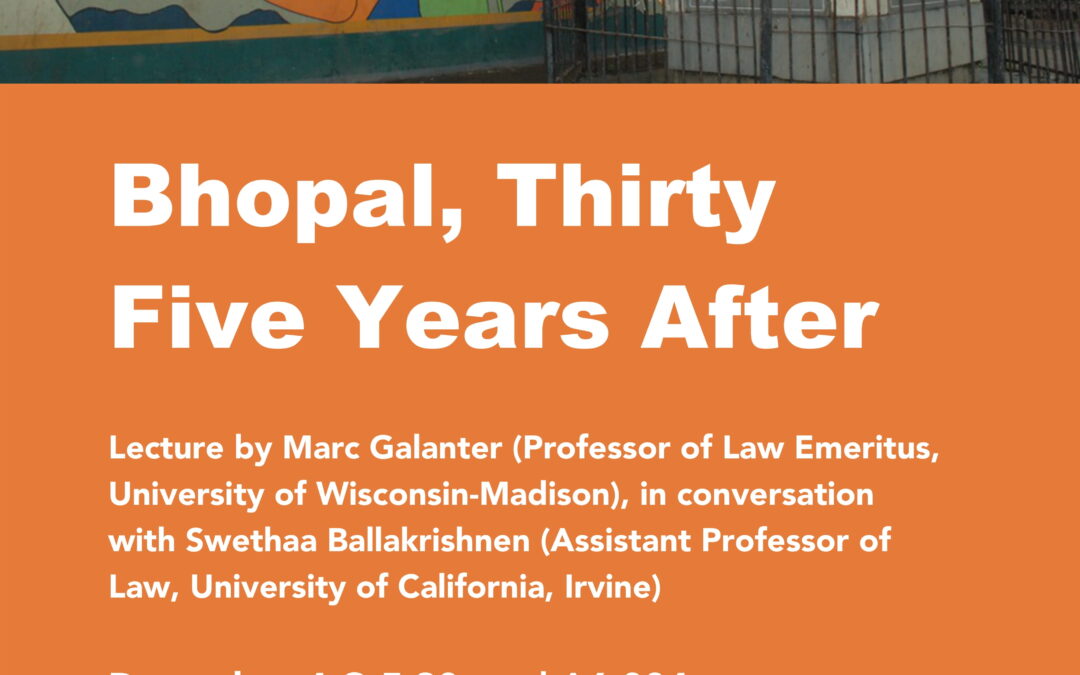
“It’s not about you”: From Research to Story in the Public Humanities
3rd October 2022.
With Tzy Jiun Tan.
Public Humanities is the work of engaging diverse publics in reflecting on heritage, traditions, and history. In a time of disinformation campaigns, competitive attention economy, and abundance of entertainment media, public historians are often confronted with the challenge of making knowledge consumable for the wider public, while also maintaining professional standards. Thus, in recent years, historians have experimented with different narrative outputs, including biography, fiction, documentary, and podcasts.
This talk draws from Tzy Jiun’s research on the ”Cold War” in Southeast Asia. It explores how craft and research intersects in the production of a narrative podcast. What does “authenticity” mean in this context? What is the relationship between narrative and what happened? What are the tensions between storytelling and scholarship? More widely, this talk considers the challenges of producing history for audiences outside of the academy.
Location: C2-329










 Transcript coming soon.
Transcript coming soon.